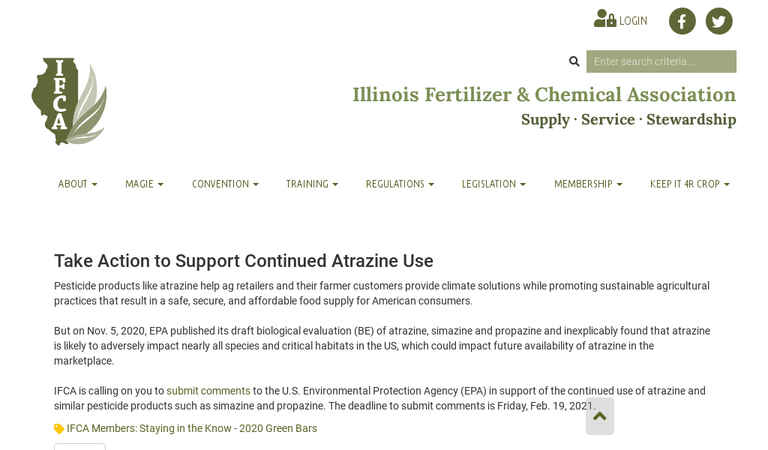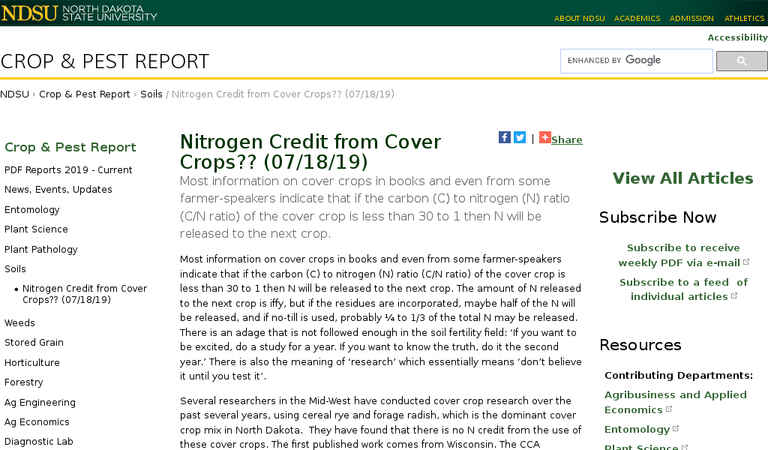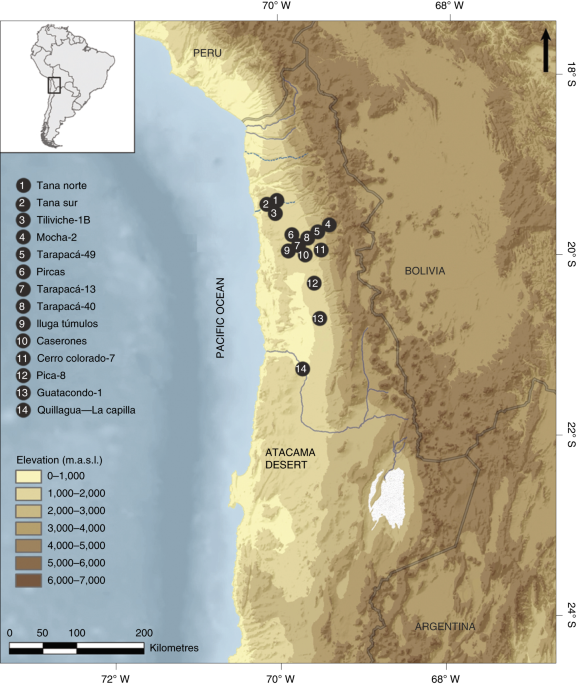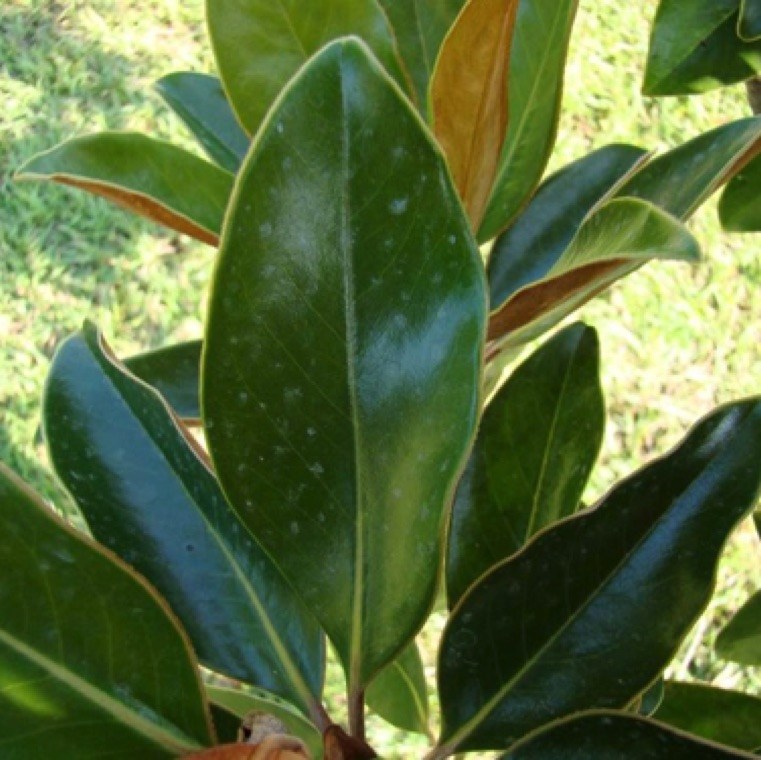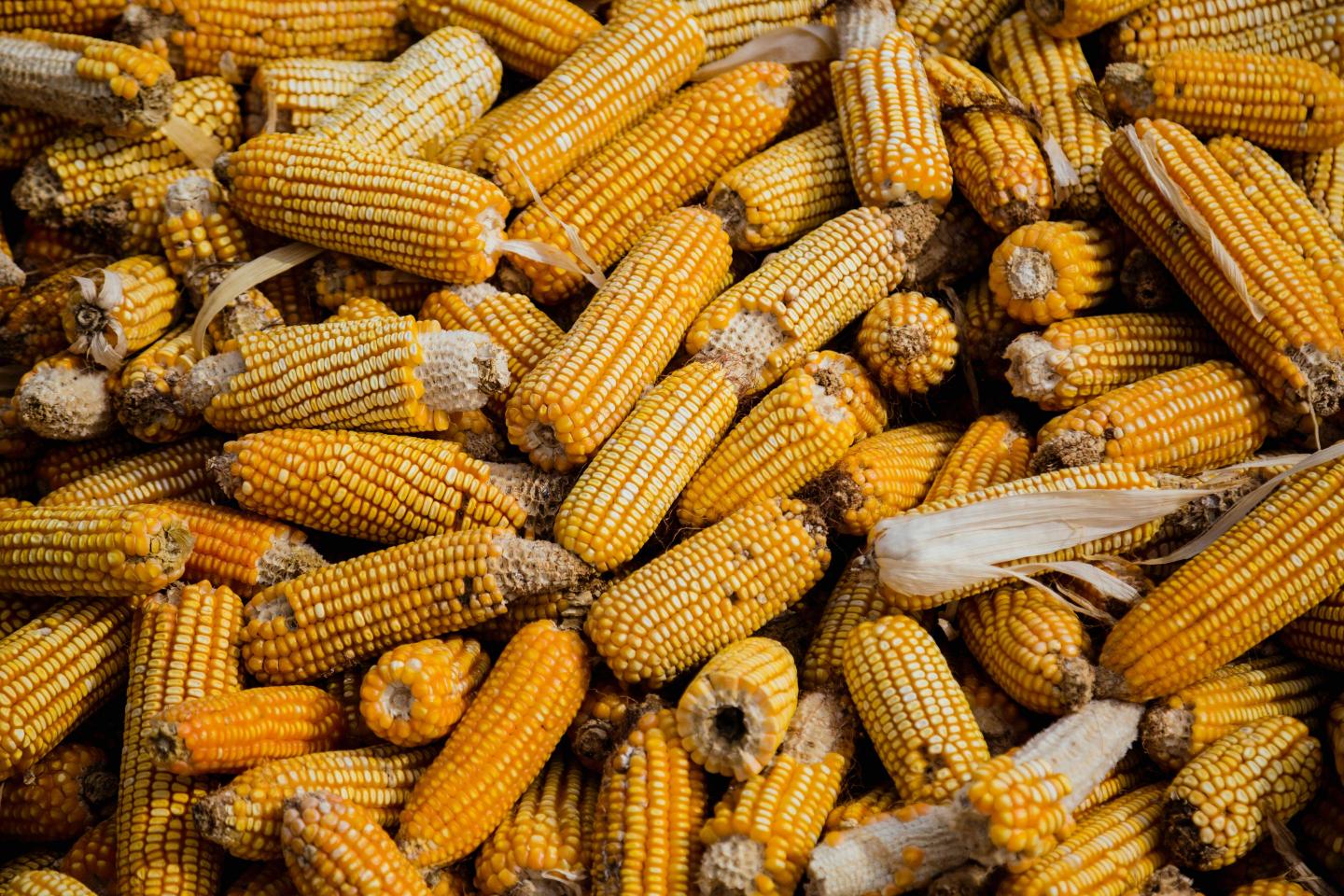 John LaRose Jr.
John LaRose Jr.
Topics: Soil Health, Livestock/Meat, Economics, Beef Cattle, Research, Fertilizer, Regenerative Agriculture,
Humus compost manure system gets carbon into the soil, cuts fertilizer use | The Mitchell Republic
Olsen Custom Farms of Hendricks, Minn., has constructed a 14-acre site for making “humus compost” from the farm’s 3,500-head confinement beef custom feedlot near Toronto, S.D. The idea is to improve crop yields yields while replacing synthetic fertilizers, all while reducing a carbon footprint. The company believes it will be smart to get ahead of federal policies that likely will influence farm nutrient practices.
-
(0)
-
Bookmark
- Comments (0)
 John LaRose Jr.
John LaRose Jr.
Topics: Organic, Young Farmers, Fertilizer, Ag Africa, World Population, Regenerative Agriculture,
Student harvests rare wealth from worm, rabbit farming
I describe a worm farm as a compost that’s full of live worms that feed on organic household waste.
-
(0)
-
Bookmark
- Comments (0)
-
(0)
-
Bookmark
- Comments (0)
 Nancy Kavazanjian
Nancy Kavazanjian
Topics: Agriculture US, Cover Crops, Fertilizer, USDA,
right now it appears that the N just doesn’t evaporate, but given the clays in our soils, and the nature of N mineralization in these cover crops, the N may be tied up in the clay inter-layers, at least temporarily.
Nitrogen Credit from Cover Crops?? (07/18/19) — Crop & Pest Report
Most information on cover crops in books and even from some farmer-speakers indicate that if the carbon (C) to nitrogen (N) ratio (C/N ratio) of the cover crop is less than 30 to 1 then N will be released to the next crop.
-
(0)
-
Bookmark
- Comments (0)
 John LaRose Jr.
John LaRose Jr.
Topics: Soil Health, Precision AG , Agriculture US, Water, Fertilizer, World Hunger, Climate Change, World Population,
Land management practices to reduce nitrogen load may be affected by future climate changes
URBANA, Ill. – Nitrogen from agricultural production is a major cause of pollution in the Mississippi River Basin and contributes to large dead zones in the Gulf of Mexico. Illinois and other Midwestern states have set goals to reduce nitrogen load through strategies that include different land management practices. A new study from University of Illinois researchers, published in Journal of Environmental Management, uses computer modeling to estimate how those practices may be affected by potential changes in the climate, such as increased rainfall.
-
(0)
-
Bookmark
- Comments (0)
 Nancy Kavazanjian
Nancy Kavazanjian
Topics: Pesticides, Organic, Food/Nutrition, Fertilizer,
Author Robert Paarlberg argues against buying organic
An excerpt from “Resetting the Table: Straight Talk about the Food We Grow and Eat” by Robert Paarlberg, associate in the Sustainability Science Program at the Harvard Kennedy School and at Weatherhead Center for International Affairs.
-
(0)
-
Bookmark
- Comments (0)
 John LaRose Jr.
John LaRose Jr.
Topics: Agriculture Global, Economics, Sustainability, Research, Fertilizer, World Population, Ag South America, Regenerative Agriculture,
‘White gold’ guano fertilizer drove agricultural intensification in the Atacama Desert from ad 1000
The source of pre-Inca agriculture in the Atacama Desert of Chile has been the subject of multiple theories, but this Article uses preserved maize remains to deduce that coastal guano deposits were utilized in an impressive display of social and ecological sophistication.
-
(0)
-
Bookmark
- Comments (0)
 Nancy Kavazanjian
Nancy Kavazanjian
Topics: Corn/Maize, Fertilizer, Ag Innovation, Ag Startups & Financing,
Startup Joyn Bio aims to reduce pollution involved in large-scale agriculture
A startup is using the tools of synthetic biology to reduce the pollution involved in large-scale agriculture.The big picture: We face two major challenges around farming: how to feed a still-growing global population, and how to do so without ruining the environment. Advances in synthetic biology could help us do both.Support safe, smart, sane journalism. Sign up for Axios Newsletters here.How it works: Joyn Bio, a joint venture between synthetic biology leader Ginkgo Bioworks and life sciences giant Bayer, is experimenting with engineering microbes that could help replace the synthetic fertilizer and chemicals used in conventional farming. * The company is focusing first on developing custom microbes that could fix nitrogen in the soil to feed growing cereal crops like corn, what Joyn Bio CEO Michael Miille calls the "Holy Grail of agriculture."Background: Plants need nitrogen to grow efficiently, but there's not enough naturally in soil to support the crops needed to feed a global population of nearly 8 billion people. * The Haber-Bosch process to artificially fix nitrogen using fertilizer transformed agriculture — by one estimate only 4 billion people could be supported using natural fertilizer — but the energy intensity of the process contributes to climate change, while fertilizer runoff leads to water pollution and aquatic dead zones.Details: Joyn Bio identifies natural microbes in the soil that show promise in fixing nitrogen and then "engineers them to perform at an entirely different level," says Miille. * The company aims to engineer microbes that can fix nitrogen efficiently enough that synthetic fertilizer use could be cut by 30–50% without affecting crop yield. * Miille says that currently, Joyn Bio's engineered microbes are efficient enough to reduce fertilizer use by 10% or so, though the company still needs to overcome regulatory hurdles and consumer acceptance before it could reach the marketplace."Agriculture needs innovation to be successful. The status quo is not going to get us the...
-
(0)
-
Bookmark
- Comments (0)
 John LaRose Jr.
John LaRose Jr.
Topics: Soil Health, Cover Crops, Vegetables, Crop Consultant, Fruit, Gardening, Fungicides, Fertilizer,
Treating the Plant Pathogen Powdery Mildew Naturally
Common plant pathogens and how to treat them naturally. That’s coming up on This Land of Ours. Powdery Mildew is a fungal infection caused ...
-
(0)
-
Bookmark
- Comments (0)
 Nancy Kavazanjian
Nancy Kavazanjian
Topics: Corn/Maize, Soil Health, Agriculture US, Sustainability, Fertilizer,
Soil degradation costs U.S. corn farmers a half-billion dollars every year | Scienmag: Latest Science and Health News
Credit: Pexels One-third of the fertilizer applied to grow corn in the U.S. each year simply compensates for the ongoing loss of soil fertility, leading to more than a half-billion dollars in extra costs to U.S. farmers every year, finds new research from the University of Colorado Boulder published last…
-
(0)
-
Bookmark
- Comments (0)


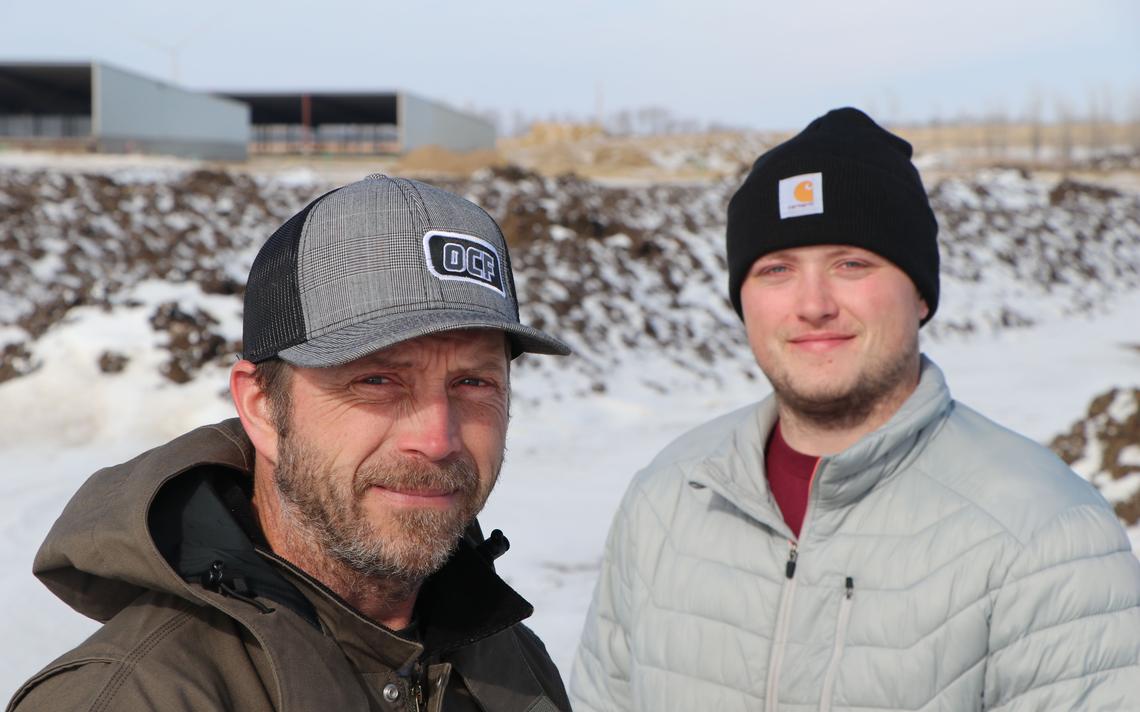
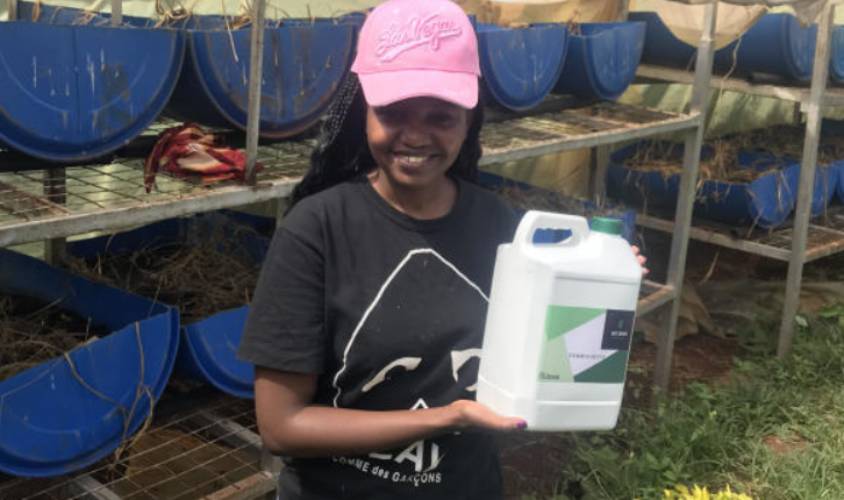
 Randy Krotz
Randy Krotz
